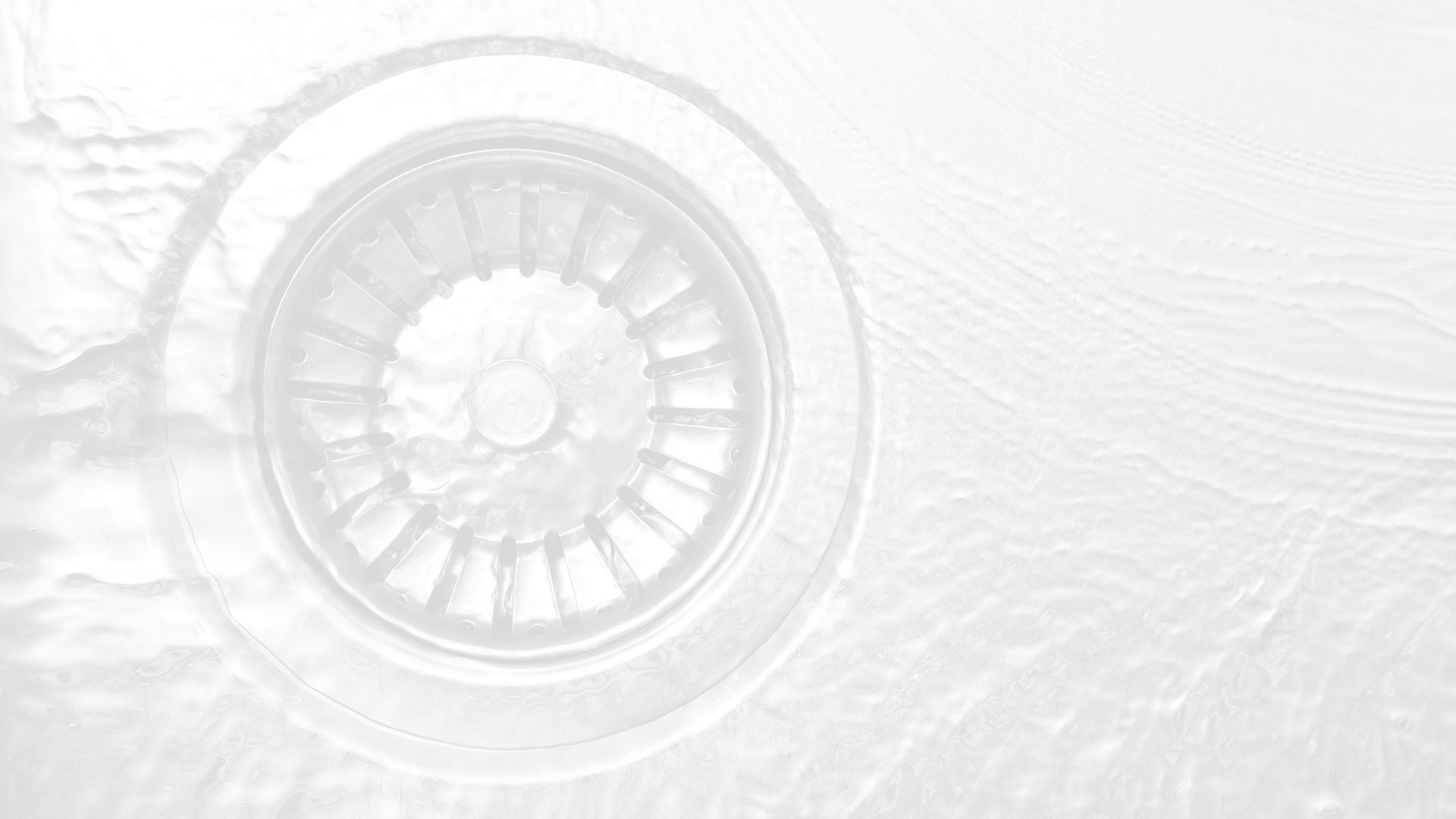How Effective Are Water Filters At Removing Contaminants?

Water is essential for our daily lives, but the quality of tap water can vary. From chlorine and heavy metals to harmful bacteria, there are numerous contaminants that can be present in your water supply. At Master Drain Services LLC in Lafayette, we often receive questions from homeowners about how effective water filters are at removing these impurities. In this blog, our skilled Lafayette plumbers will explore the different types of water filtration systems and how well they work at keeping your water clean and safe.
Understanding the Types of Contaminants
Before diving into the effectiveness of water filters, it's important to understand the range of contaminants they target. These include:
- Chemical contaminants: Chlorine, lead, and pesticides can make their way into the water supply.
- Biological contaminants: Bacteria, viruses, and parasites that pose serious health risks.
- Physical contaminants: Sediment or dirt that can affect the taste and clarity of your water.
Each filter type is designed to handle specific contaminants, so selecting the right filter for your home depends on your local water quality.
Types of Water Filters and Their Effectiveness
- Activated Carbon Filters: One of the most common filter types, activated carbon is effective at removing chemical contaminants like chlorine, benzene, and volatile organic compounds (VOCs). The carbon traps these contaminants through adsorption, improving the taste and odor of your water. However, it doesn’t remove minerals, salts, or dissolved inorganic substances like heavy metals. If your primary concern is taste and chemical removal, activated carbon is an excellent option.
- Reverse Osmosis (RO) Filters: Reverse osmosis filters are highly effective at removing a wide range of contaminants, including heavy metals (lead, mercury), fluoride, and nitrates. RO systems use a semi-permeable membrane to filter out even the smallest particles, providing you with water that is nearly 100% pure. These systems are particularly effective if you're dealing with both chemical and biological contaminants, but they can also remove beneficial minerals. It's a powerful option for homeowners looking for the most comprehensive filtration.
- UV Filters: For homes concerned about biological contaminants like bacteria, viruses, and protozoa, UV filters are a highly effective solution. UV light works by disrupting the DNA of microorganisms, rendering them unable to reproduce or cause infections. While UV filters excel at disinfection, they don’t remove chemicals or physical contaminants. Therefore, they're often used in conjunction with another filter type for maximum protection.
- Ceramic Filters: Ceramic filters are designed to remove physical contaminants such as sediment and bacteria. These filters have tiny pores that trap particles but allow water to pass through. While effective for basic filtration, they may not be as thorough in removing chemical pollutants like chlorine or pesticides. Ceramic filters are a good choice for those who need a basic filtration system that removes larger particles from their water.
How To Choose The Right Filter For Your Home
The effectiveness of a water filter largely depends on your specific water quality concerns. For instance, if you're mainly worried about chlorine and odors, an activated carbon filter may suffice. On the other hand, if your water contains high levels of heavy metals or biological contaminants, a reverse osmosis or UV filter may be necessary.
At Master Drain Services LLC, we recommend starting with a water quality test to identify the specific contaminants in your supply. From there, we can help guide you to the most effective filtration system for your home.

Reach Out To Your Lafayette Master Drain Services For Your Plumbing And Drain Cleaning Needs.